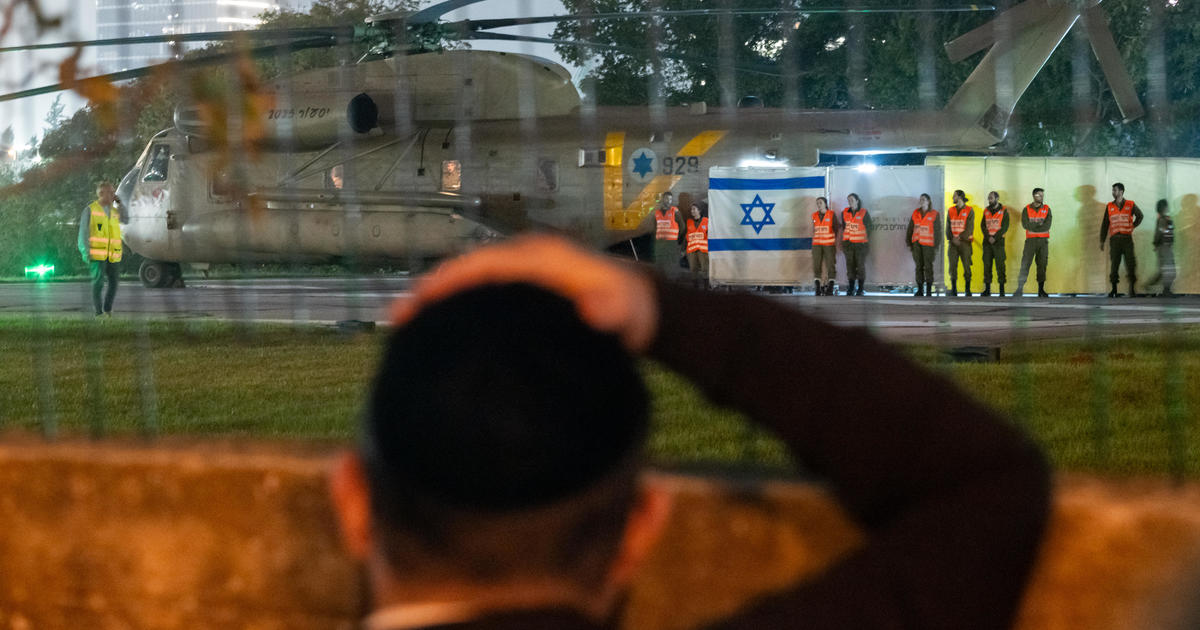‘Our only outlet’: Palestinians in Gaza go to the beach during truce
Central Gaza Strip – As the temporary truce between Israel and Hamas holds for what may be its final day, many of the displaced Palestinians staying in the town of Deir el-Balah have taken advantage of the lull in Israeli bombings and made their way to the Mediterranean Sea.
On the shore, boys heap sand over their bodies, racing to see who finishes first. Some of the children are taking turns on the swings, their first expression of childhood in nearly two months.
As the waves crash to shore and recede, Ahmad al-Toum breathes in the breeze, his shoulders relaxing.
“The sea means a lot to me,” he said. “It’s a great release for everyone who felt pent up and surrounded by the psychological pressures of not being able to provide safety and security for their own family.”
The 28-year-old from the coastal town of al-Sudaniyeh, in northwest Gaza, has been displaced since October 10, staying with his extended family in a United Nations-run school.
“People who live by the sea know it more than their own homes,” he said.
Al-Toum hasn’t showered in 20 days and is grateful to escape the “disease and dirtiness” of the school shelter.
“I wanted to take the kids for a change of scenery, to wash them in the sea, to get out of the psychology of war,” he said.
“Running into the sea, yelling, screaming – letting it all out so that one can have the energy to keep on persevering.
“It’s been such a terrible time, but we are stronger than the Israeli occupation,” he said.
After Hamas’s surprise October 7 attack on Israeli towns and army bases in southern Israel, which killed 1,200 people, Israel launched its most devastating attacks yet on the Gaza Strip.
Over the course of more than 50 days, Israeli forces have killed more than 14,800 people, including 6,150 children. More than 7,000 others – including 4,700 women and children – are missing, presumed dead under the rubble of their own homes.
According to Salama Marouf, the head of the government media office in Gaza, Israel dropped 40,000 tonnes of explosives on the strip.
Abu Anas, who is from the northern town of Beit Hanoon, describes the sea as “our outlet, our only escape”.
“We came here for our children, to change their moods and lift their spirits because they have been living in fear and anxiety with the non-stop sounds of artillery shelling and bombs,” the 35-year-old said.
“We don’t know if the war will resume ... we just want to breathe a bit.”



















